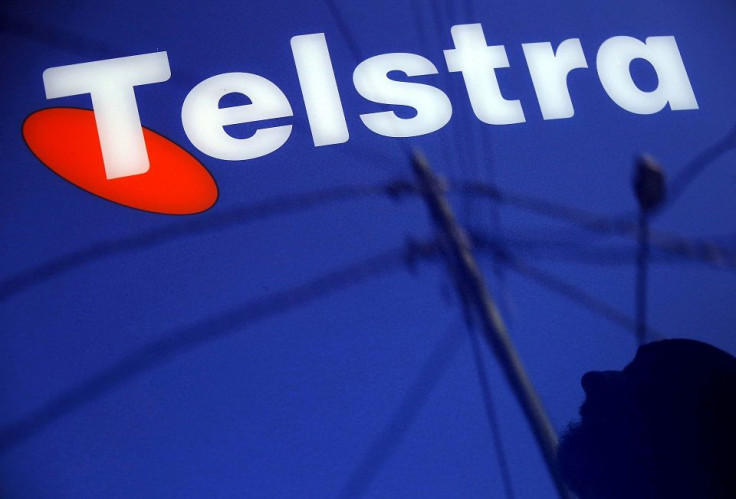Telstra urges shareholders to protest domestic roaming charges, hits Vodafone for push to use company’s mobile network in rural areas

The Australian Competition and Consumer Commission’s (ACCC) inquiry into domestic roaming is a threat to shareholder value of Telstra. With the ACCC push for other telcos, such as Vodafone, to use its mobile network in regional areas, Telstra investors must air their concern to the regulator, Telstra Chairman John Mullen said on Tuesday at the telco’s yearly general meeting.
Telstra is against the ACCC plan since the telco spent billions on its mobile network which it uses as differentiation from other telcos. Vodafone, farmers and regional groups favour the ACCC proposal, while Optus is for keeping the status quo, Sydney Morning Herald reports.
To reach 98 percent population coverage with 4G and on track to hike it to 99 percent by June 2017, Telstra invested $4 billion in capital expenses on its fixed and mobile networks, Mullen discloses. He points out, “One of our competitors is seeking regulation to close this competitive gap by cheaply riding on our network to avoid spending their own money.”
He describes the lobbying of competitors as the rival telcos receiving a free Christmas present from Telstra. Mullen says an ACCC decision to declare mobile roaming would be at the expense of Telstra shareholders.
He identifies the main push for mobile roaming comes from a foreign company which chose not to invest as much as Telstra did. In response to Mullen’s statement, Dan Lloyd, chief strategy officer of Vodafone, says citing the company as foreign-owned is a cheap shot and distracts from the serious issues at hand. He notes Telstra stands to gain financially by charging for regulated roaming, with the price to be determined by ACCC.
Meanwhile, Business Insider Australia reports that the compensation of Telstra senior staff were reduced because of the outages that left mobile phone users with no access to Telstra’s network which occurred during the second half of 2016.
Since customer service is part of Telstra’s annual incentives, executives and staff did not receive it due to the result of customer advocacy feedback, Telstra CEO Andrew Penn says. Short-term incentive cash payments, based on the telco’s annual reports, show that Penn lost $438,996 in 2016 from 2015, while departing COO Kate McKenzie’s incentive went down by $717,450 and interim COO Brendon Riley decreased by $640,950.
VIDEO: SBS FINANCE ǀ Telstra’s massive new investment ǀ Ricardo Goncalves
Source: Ricardo Goncalves




















